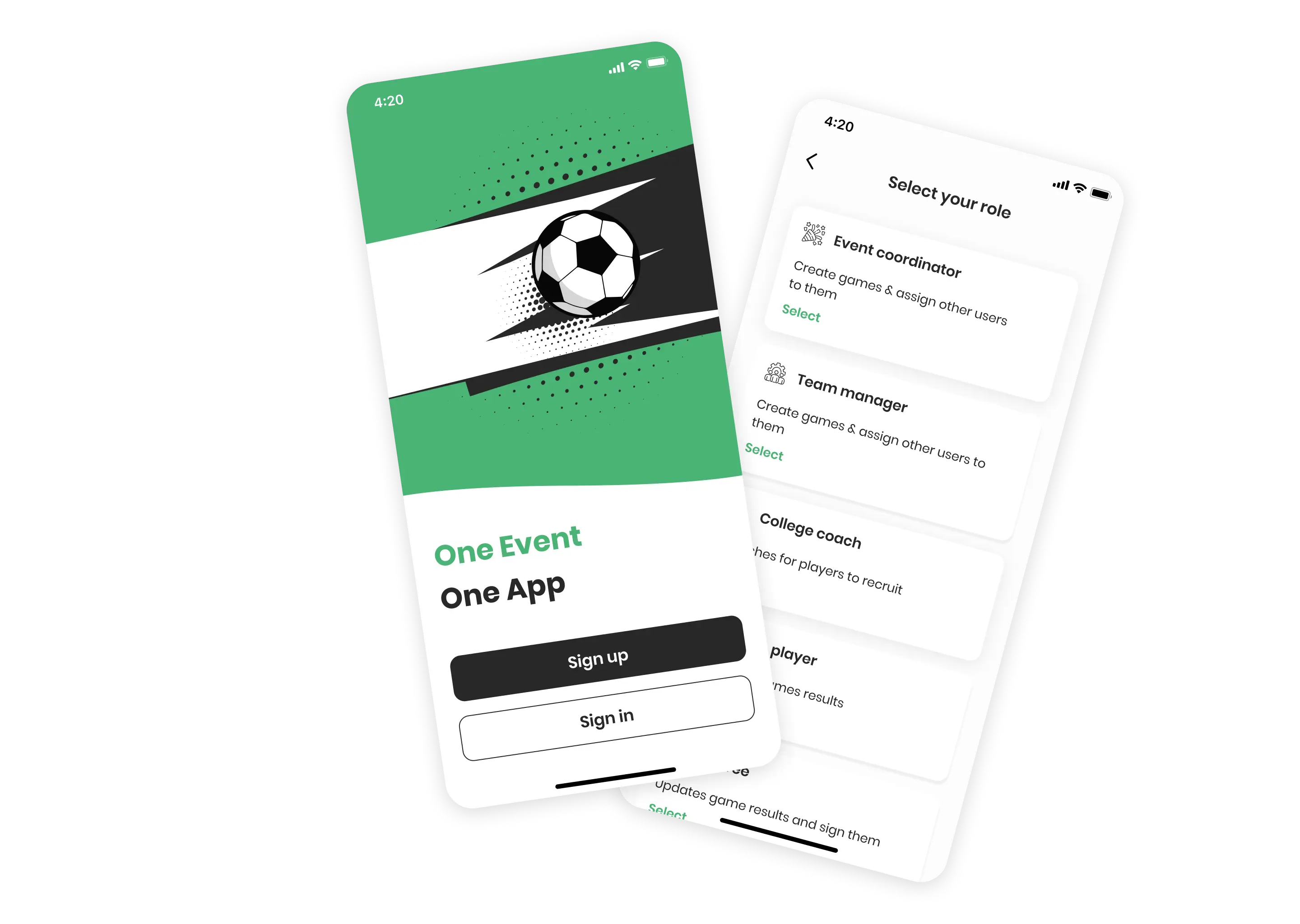Introduction
Mobile applications are software systems built specifically for mobile devices (e.g., smartphones, tablets) and adapted for specific platforms (e.g., iOS, Android, Windows). Mobile apps are downloaded from the app store (i.e., Google Play Store for Android and Apple Store for iOS), and unlike web applications, they have the great advantage of being able to work without Internet connection.
Why Does Your Business Need A Mobile App?
The first answer to this question lies in the sheer volume of mobile apps on the market and the near universal and constant usage of smartphones.
According to eMarketer, among the adult population in the United States, about 90 percent of time spent on mobile devices is spent using apps. According to SensorTower, worldwide consumer spending on mobile apps reached $64.9 billion across the App Store and Google Play in the first half of 2021. This was 24.8 percent more than the $52 billion generated by both stores in the same period in 2020.
Nowadays, mobile usage has become an integral part of life for a lot of consumers worldwide. So why not take advantage of this for the benefit of your business?
How do you know if your particular business would benefit from offering a mobile app? If you have a loyal client base with whom you regularly interact in order to sell your products and communicate news or updates, consider the added value that a mobile app would bring to your clients. The app could regularly notify your clients about any news and promotions, offer a loyalty program, improve customer support, and remove friction from the buying process. At the end of the day, if your app is appealing and offers engaging content, your clients will love your company even more than they already do.
It is worth noting, on the other hand, that a poorly performing, low-quality app will create a negative image for your brand and may scare off existing and potential clients. If an app is unappealing, users will be quick to delete it from their phones.
What Types of Business Benefit Most from Mobile Apps?
Nowadays, businesses tend to step away from just a brick-and-mortar presence and accelerate online outreach. This tendency has become even more pronounced in the wake of the COVID-19 pandemic, and a mobile app is a perfect vehicle for fostering those online connections.
Experience shows that the B2C sector most frequently builds and offers mobile apps to their clients. The most common examples would be online retail stores and companies in the service sector, such as entertainment venues and organizers, fitness centers, cafés and restaurants, delivery services, banks, etc.
Having said this, we have all come across other types of apps that proved to be popular with users. There are messenger apps, dating apps, and countless others. We also see plenty of businesses ordering apps for their internal use, such as for effective communication within the team or for managing field workers.

What Goals Could a Mobile Application Help Your Business Achieve?
When we're asked what kind of functionality an app can contain, the short answer is “almost any!” The ticket to success is well-formulated requirements specification with a clear understanding of what the app is created for, how it is supposed to function, and what value it will bring to its users.
Let's take a look at some of the goals that a mobile application could help your business achieve.
- Increase sales. With a mobile app, your business is literally in your clients' pockets at all times. You can be in constant communication with your clients and take steps to stimulate further purchases.
- Serve the interests of the target audience. Your app would attract the type of clients who are already interested in your product, allowing you to work with an expanded pool of “warm leads”.
- Run marketing campaigns. Discounts and special offers exclusively for mobile app users are another great way to increase engagement and interaction with your clients.
- Provide a new level of service. Notifications will allow your clients to stay up to date on the company's news and activities, as well as make sure they don't miss important updates about their orders.
- Increase client loyalty. Your app will allow you to introduce various types of loyalty programs, encouraging your old clients to stay with you. We all know about traditional bonus and club cards that business offer; however, those could be misplaced or lost. An app, on the other hand, is always handy.
- Boost repeat sales. When clients have a choice between multiple providers for a product, they're likely to go with the more familiar brand. When your app is already on their phone, you're likely to be the trusted choice.
- Stand out among competition. A lot of companies still use traditional communication channels with their clients, including advertisement, messaging, flyers, etc. By offering your clients a mobile app, your business will compare favorably with your competition by offering a modern channel of communication.
- Boost the image of your company. By having a modern, well-designed app, your business illustrates that it is in step with the times and intends to keep going strong.
Let's not forget about added benefits of native mobile applications. Native mobile apps are apps that are created specifically for either iOS or Android.
- Knowing your clients' geographical locations. If your business is sprawled across several regions or you have clients in various locations, knowing your clients' location allows you to run targeted regional campaigns or offer information about shop locations in their areas.
- You may be able to collect information about user activities (or lack thereof), which allows you to analyze the data, tweak the functionality of the app or its parts, and take other steps to increase the effectiveness of your app and prevent customer churn.
- Native apps are usually easier to navigate, and they feel intuitive to the user. This would increase the likelihood of clients coming back to your app time and time again.
Web or Mobile? What Should You Choose for Your Business?
Usually a web app serves as a predecessor of a mobile app for a business. But that's not always the case, and there is a multitude of factors to consider when choosing between a web app and a mobile app for your business. Here are some of the most important factors to take into account, from our experience.
- An advantage of a web app is their market coverage, providing easier access to a wider audience. An advantage of a mobile app is that their audience is often be more engaged.
- A disadvantage of web apps is that they need constant internet connection. Mobile apps, on the other hand, can work without a stable connection.
- An advantage of a web app is that it does not need to be downloaded to a device to be used and does not take up as much memory as a mobile app could.
- Potential functionality choices for mobile apps are wider than those of web apps; however, mobile app development might take longer than web app development.
- Web app updates happen automatically, while users must download new versions of mobile apps.
At Syberry, we create custom web and mobile apps designed to solve our clients' unique business challenges. If you're not sure which kind of app your business needs, contact us. We'd love to help guide you through the decision.



